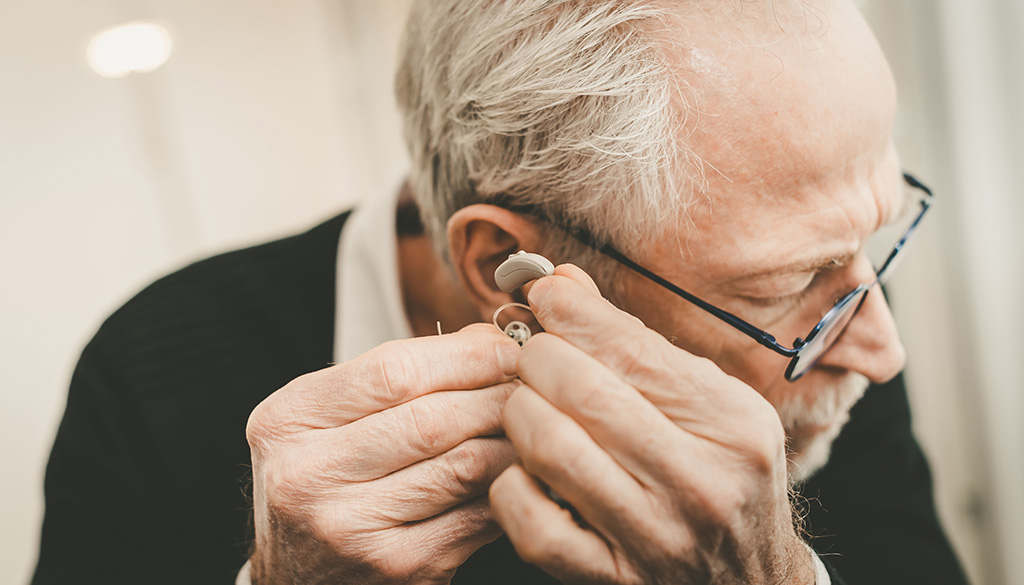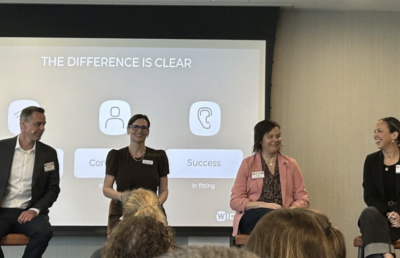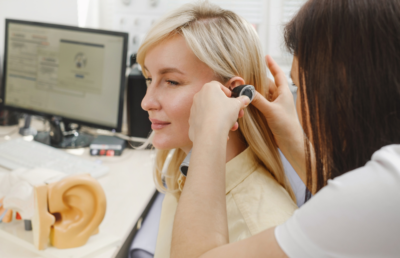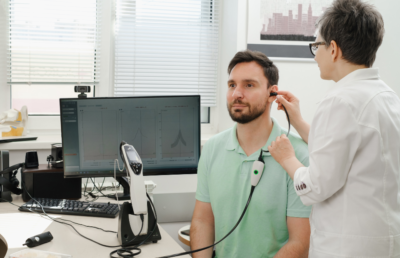For a long time, hearing aids have not been covered by the vast majority of insurance policies. This has presented a challenge for most people with hearing loss, as hearing aids are expensive and very much necessary for improved quality of life, but up until now needed to be paid for out of pocket. Now, finally, it looks like things might be changing.
Illinois House Bill 3503, signed into law a few months ago, requires insurance companies to offer optional coverage for hearing instruments and any related services for all individuals 65 years of age and older when these are prescribed by a hearing care professional.
The question this presents is how the existing system will adapt to the new law. Medicare does not cover hearing aids, and the supplemental plans that go along with Medicare may not need to abide by state laws as they are covered by Medicare rules (which is a federal program). So, it appears that the main patient demographic for hearing aids, senior citizens on Medicare, may still not be covered.
As a part of the new law, Insurance companies are required to cover up to $2,500 per hearing aid every 24 months under the legislation. A senior has the option to select more expensive equipment, but will be required to pay the uncovered cost out of pocket.
The new law went into effect on Jan. 1, 2020, so it shouldn’t be too long until we see how the industry responds to the new legislation.
We always verify insurance when someone comes in for an appointment and we are happy to guide patients to try to save them as much money as we can on their hearing aids. Stay tuned to our blog as we wait to see if the new law might lead to more savings for our patients.





